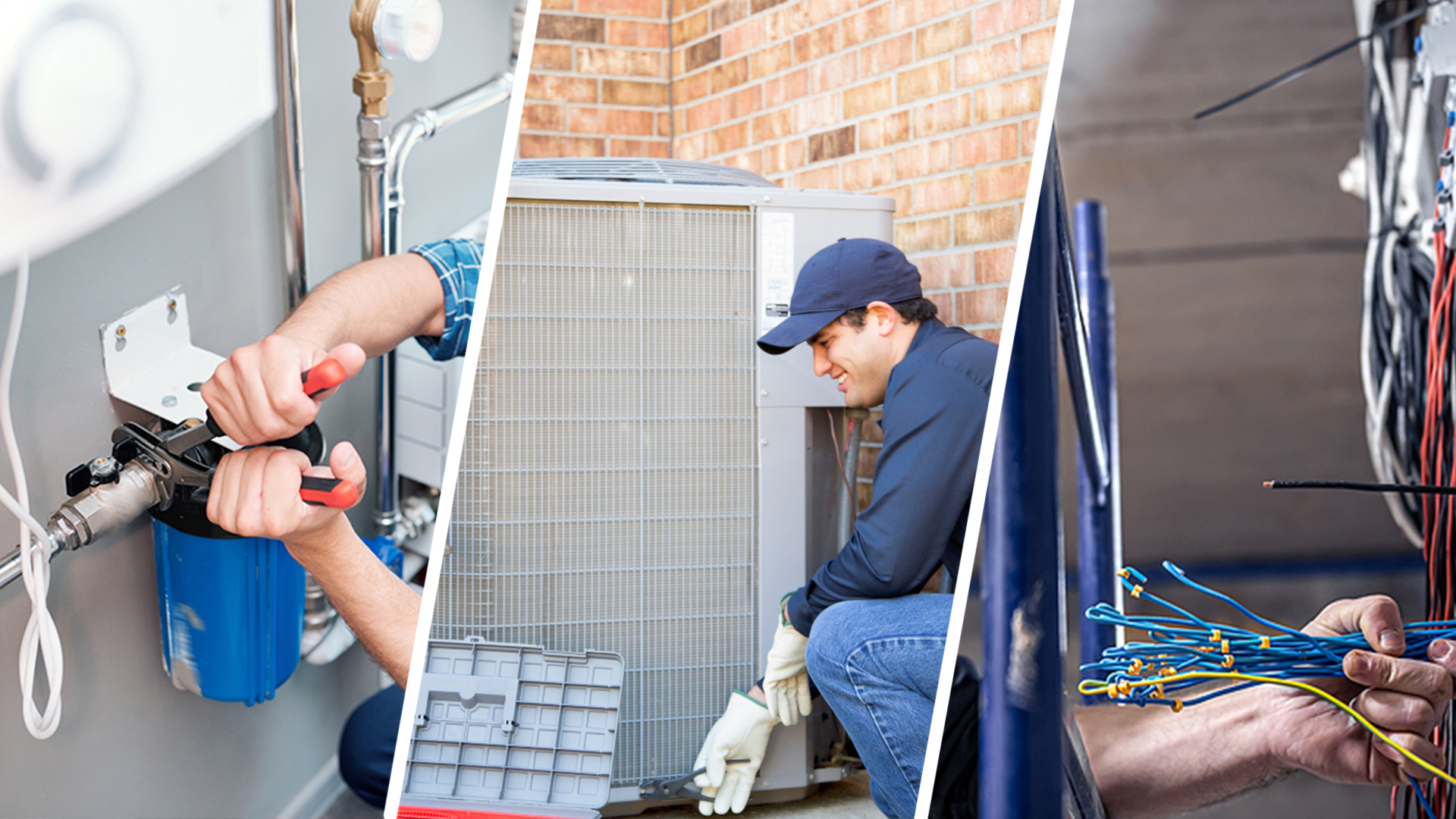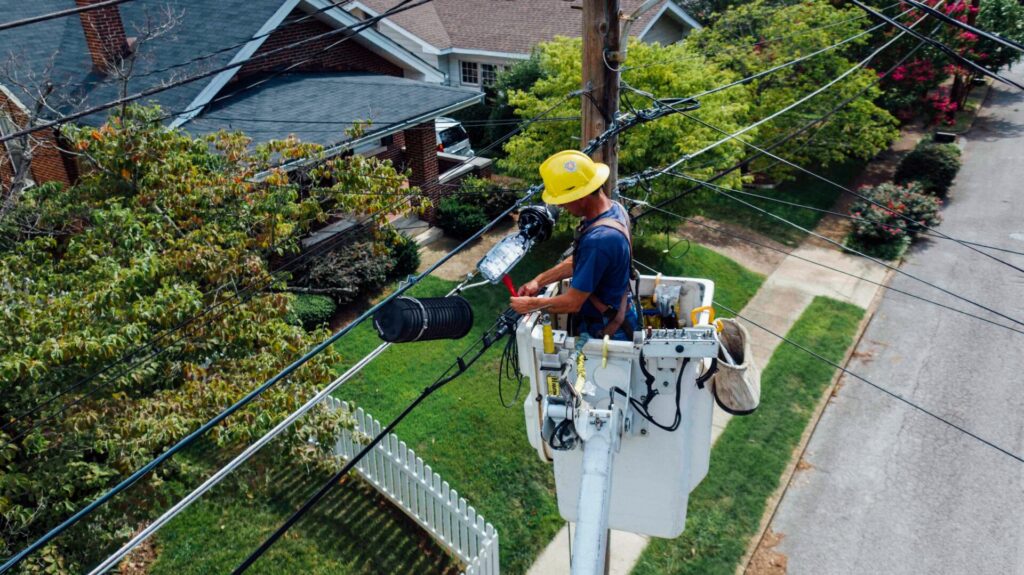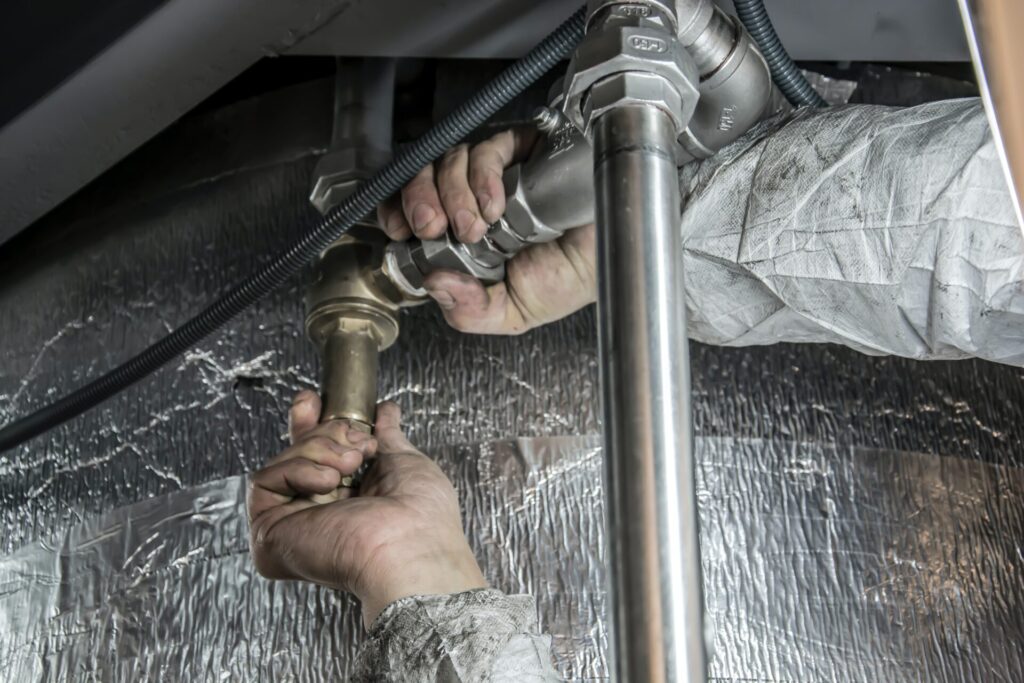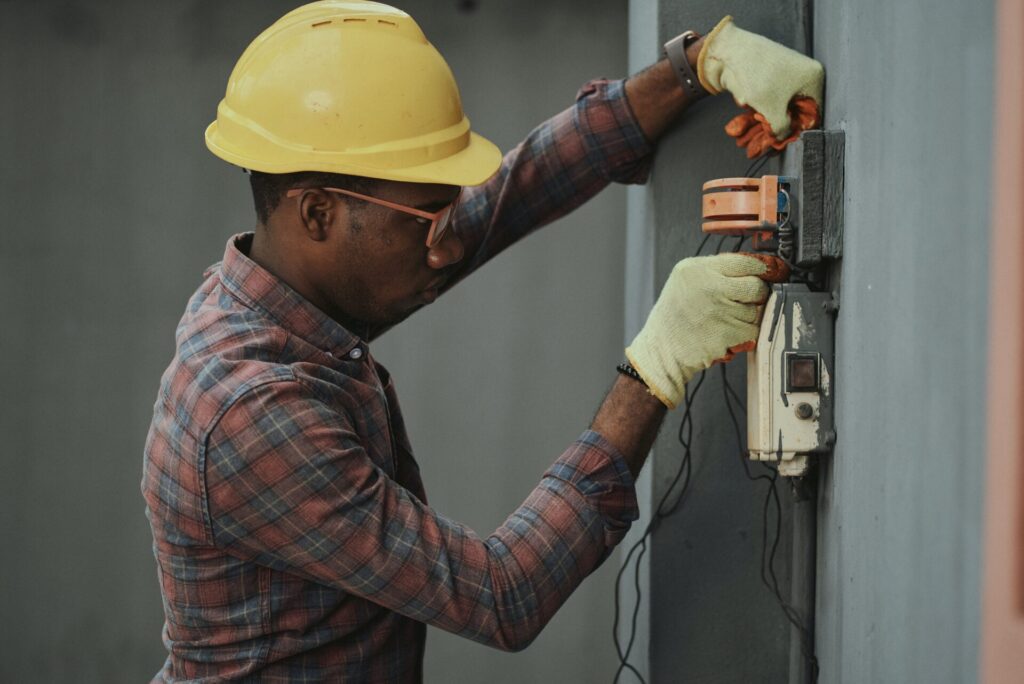Career
Which Career Has a Better ROI: Plumber, Electrician, or HVAC
Which career is better paid, HVAC, Electrician or a Plumber?
Published
3 years agoon
By
Mario
Pursuing a profession like plumbing, electrical, or HVAC (Heating, Ventilation, and Air Conditioning) may nearly guarantee you regular employment and a good salary once you finish your training, which isn’t necessarily the case for your bachelor’s degree-holding colleagues.
They frequently go from the interview process to another interview process with no possibility of working on-site. You, on the contrary hand, are fighting off employment offers that are flooding in quickly and furiously because of your electrical, plumbing, or HVAC skills. In other words, trade vocations have a more secure future.
Working as a plumber, electrician, or HVAC technician have lots in common, so it can be challenging when you need to make your final choice in which career has a better ROI (Return of Investment).
In choosing the best option in which a career has a better ROI, salary, professional progression opportunities, job satisfaction, and the ability to balance personal life and work are all key factors to consider.
Best Home Repair Services
What is The Role of a Plumber?
Plumbers install, replace, and manage pipes, faucets, and other plumbing systems used for water management and wastewater treatment disposal in residential, industrial, and commercial structures. As a plumber, you can expect to work on scaffolds or in crawl areas to fix pipes. You’ll also be in charge of installing pipe systems that transport water, steam, or air.
Plumbers often do the following tasks:
- Create pipe installation blueprints and construct connections and valves for installation.
- Using pressure gauges for both water and air, check pipes for leaks.
- Cut spaces in buildings to facilitate the installation of pipes and pipe fittings.
Plumbers operate both inside and outside in all-weather situations. Plumbers are frequently required to duck down or kneel while putting pipes. When climbing platforms or ladders, they must occasionally move heavy equipment and items at shoulder level or above.
What is The Role of an Electrician?

An electrician installs, repairs, and maintains electrical systems for the most part. Many people believe that electricians are the masters at repairs and maintenance since it is a job that necessitates licensure and other benefits. Still, they are only one of the numerous possible career alternatives.
Additionally, electricians can choose to focus on residential or commercial work (a decision made by state licensing boards). They may operate for something like a company as an independent contractor bringing home no more than 10% of the total income from their job (the majority goes to the business) or as an employee who receives payment through payroll taxes.
They can even work for a business in both capacities. There are many possible pathways to take in every field, so it’s crucial to carefully weigh your choices before settling on one.
What is The Role of an HVAC Technician?

- One who can operate in small places if they want to build or fix heating and cooling systems.
- They can move big machinery as well as install heating and cooling systems.
- To perform their jobs, HVAC technicians frequently have to climb ladders or operate on scaffolds, utilize machinery or tools at elevations, and pack themselves into small, confined places.
- HVAC specialists often work in residences and establishments where there may be no heating or cooling due to malfunctioning systems. They must be taught how to avoid conditions like heatstroke, frostbite, hypothermia, and others that might affect their health when working for extended periods in hot or cold climates.
- A skilled handling of power and hand equipment, such as screwdrivers, hammers, wrenches, handsaws, levels, drills, and other tools required for the industry, is indeed a requirement for ambitious HVAC technicians.
How Much Money Will One Make?
This is a significant element. Your means of support is your employment. Most facets of your life, including your living situation, method of transportation, what and how you dress, and other factors, are influenced by your income. When you are confident that the money you will be earning will allow you to support your family and yourself, you can relax.

Plumbing: Plumbers made an average of $63,350 in 2021, according to the Bureau of Labor Statistics. Weekend and graveyard work may be necessary, but you will be compensated for them. Experience, talent, location, and the organization you work for affecting your compensation.

Electrical: According to the Bureau of Labor Statistics, the average pay for electricians in 2021 was $63,310. The International Brotherhood of Electrical Workers is the most common choice for union membership among electricians.
HVAC Technician: HVAC technicians made an average pay of $54,690 in 2021, according to the Bureau of Labor Statistics. HVAC specialists can benefit from quick training and a fulfilling professional path.
To Sum It Up
How do you decide which kind of work is right for you? Making a choice can be difficult, especially when so many options are available. Start by considering your areas of strength, interest, and the kind of professional path you’re seeking.
The pay gaps between HVAC, plumbing, and electrical, as well as the employment outlooks and potential for advancement, aren’t that great. You must choose which of the three interests you the most and where you can see yourself working for many years.
You may like

Best Problem-Solving Strategies In Business

How to Start Affiliate Marketing Through Amazon

How to Plan A Wedding On A Budget

10 Reasons Why Budgeting Is Important


